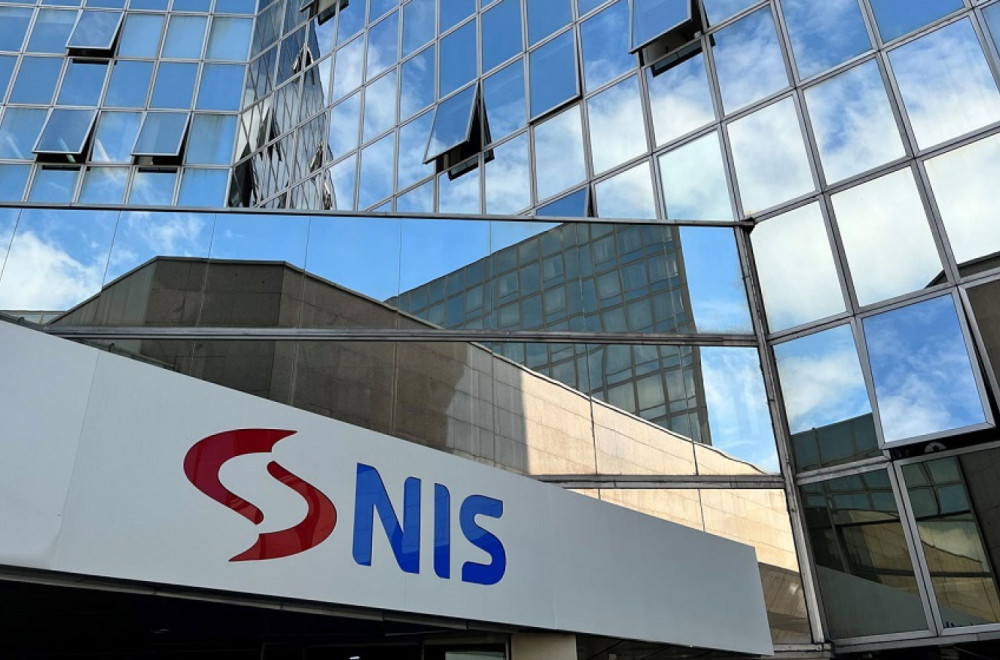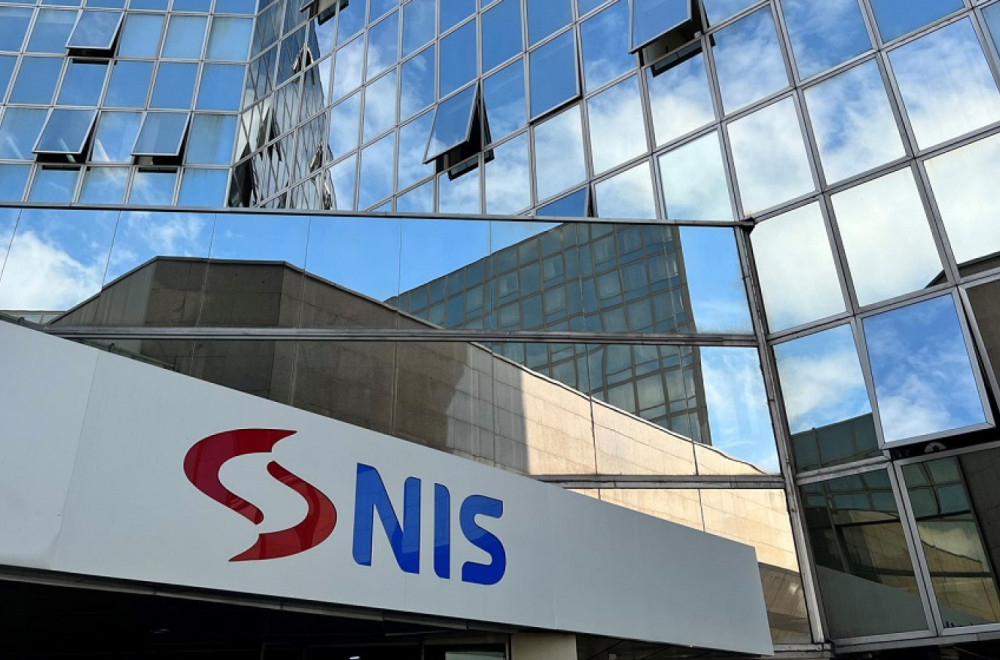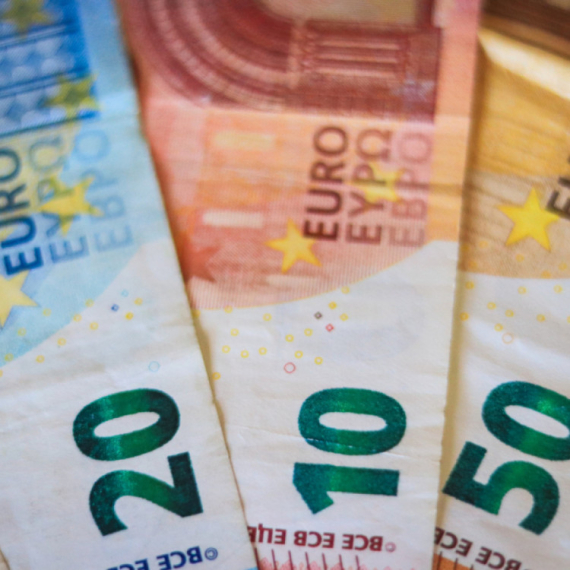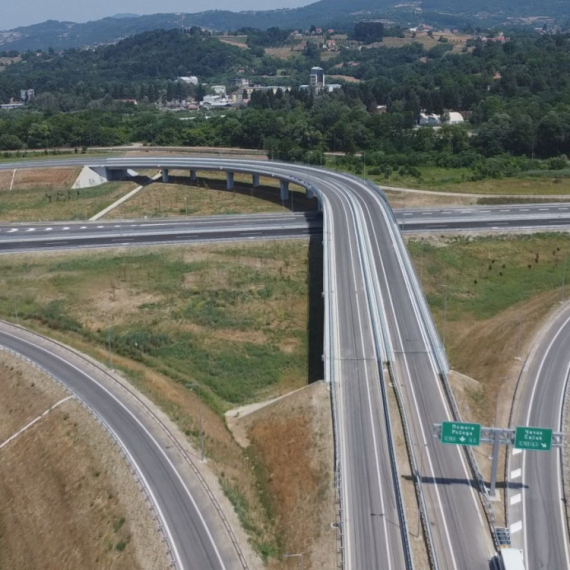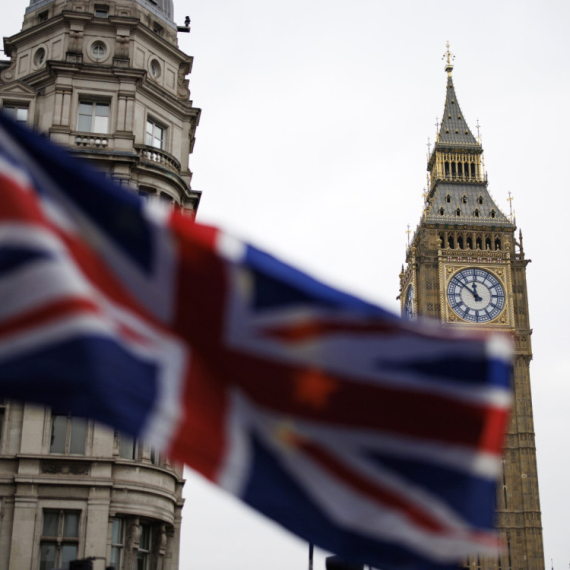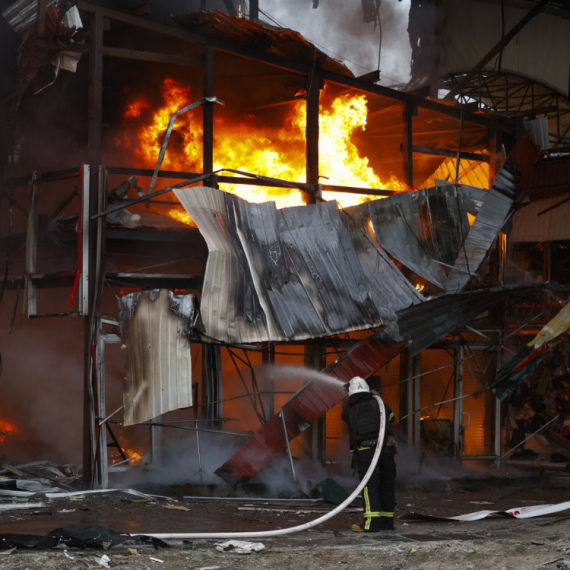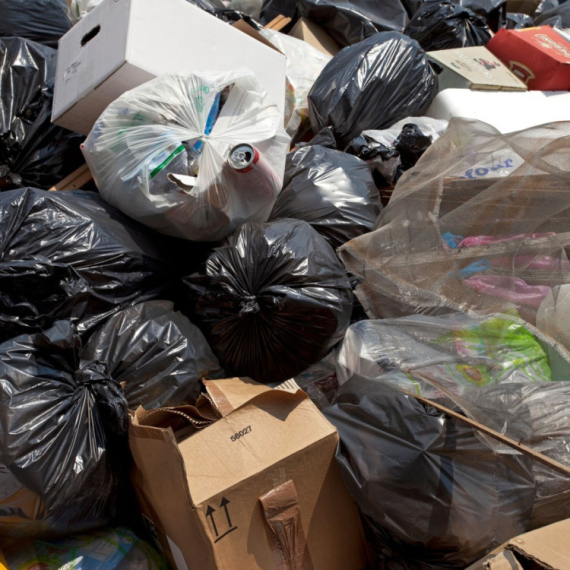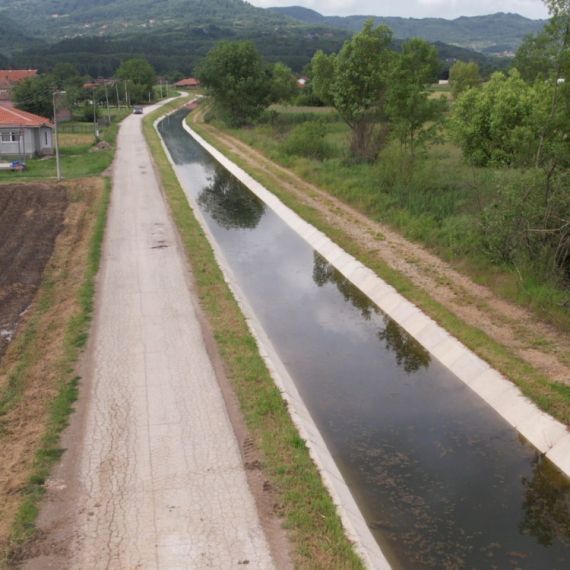Sanctions on Serbian Oil Industry Delayed for the Third Time!
Looks like sanctions on Serbia’s oil industry aren’t just some piece of paper signed and enforced. Nope! They’ve been delayed for the third time! Magic? Politics? Or something else? The company NIS sent a new request last week to the US Treasury Department for a special license to postpone full sanctions enforcement after June 27, when the previous license expires.
The United States has already delayed sanctions until July 29, meaning Serbia can still breathe and operate without major issues in its oil sector. But what’s really going on? Is this just a delay or some political game?
Why the delay?
Sanctions were introduced as part of international pressure, but clearly, there’s an interest in not pushing Serbia into total energy chaos. NIS, a key company in Serbia, wants to keep operating without interruption, which is understandable. But is this just kicking the can down the road or is something bigger brewing behind the scenes?
Fuel prices and economic pressure
While sanctions are delayed, Serbian citizens still pay hefty prices for diesel and gasoline. At gas stations, a liter of diesel is priced in dinars, and a liter of EuroPremium BMB gasoline also has its cost. Meanwhile, on the global market, WTI crude oil prices have climbed above $66 per barrel, adding more fuel to the fire.
Political games and international pressure
Sanctions are part of a bigger political context. The European Commission and the US have their interests, and Serbia is caught in the middle. Is the delay a sign that Serbia is skillfully balancing between great powers, or just a temporary fix until a bigger decision is made?
What does this mean for Serbia?
For now, NIS can keep working, so the energy sector won’t collapse. But the question is how long this will last and what will happen when sanctions finally kick in. Will Serbia be ready or face serious problems?
Conclusion
Sanctions on Serbia’s oil industry have been delayed for the third time, which is unusual and raises questions. Is this a sign Serbia has strong allies, or are problems just being swept under the rug? While we wait for the next moves, we’ll keep watching how this drama unfolds.
So, what do you think about these delays? Smart move or just postponing the inevitable? Drop a comment and let’s see who’s on which side of this energy saga!





